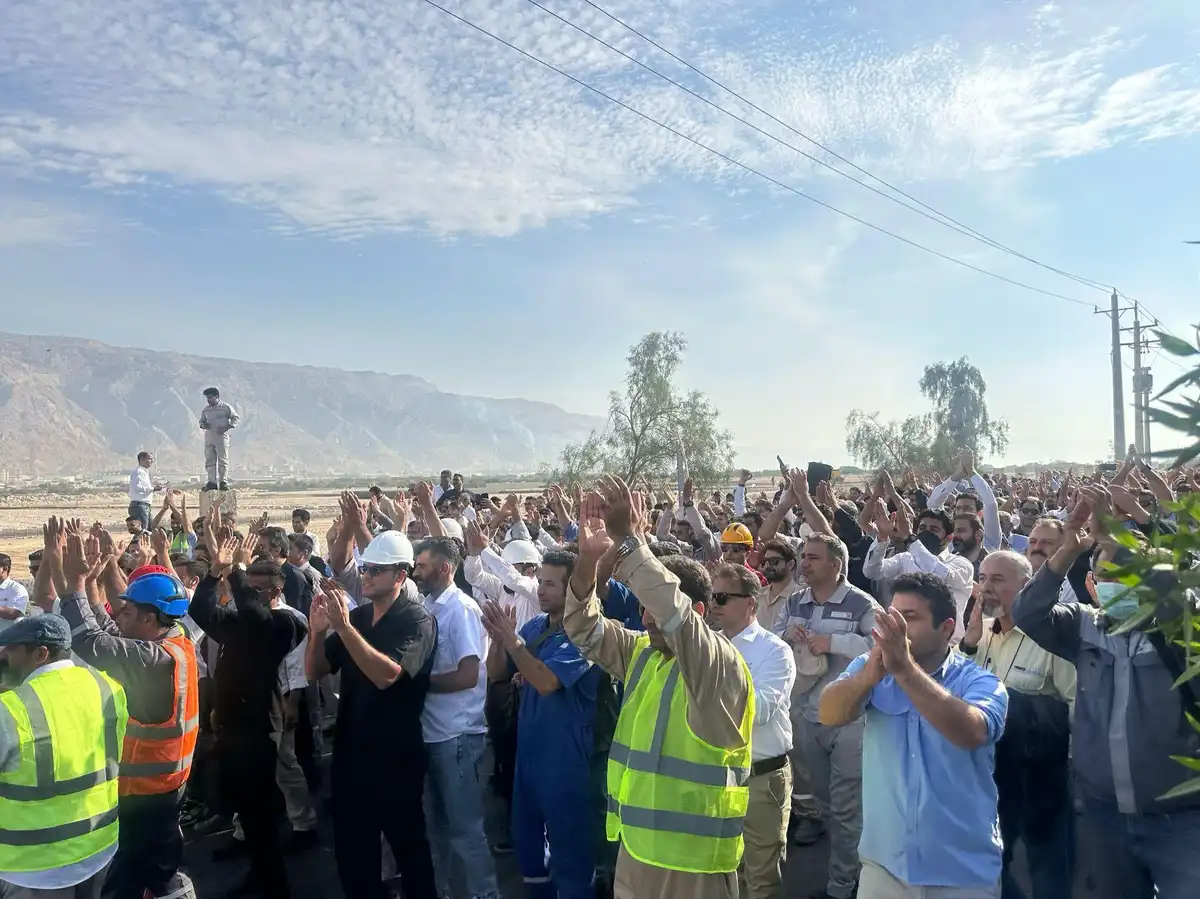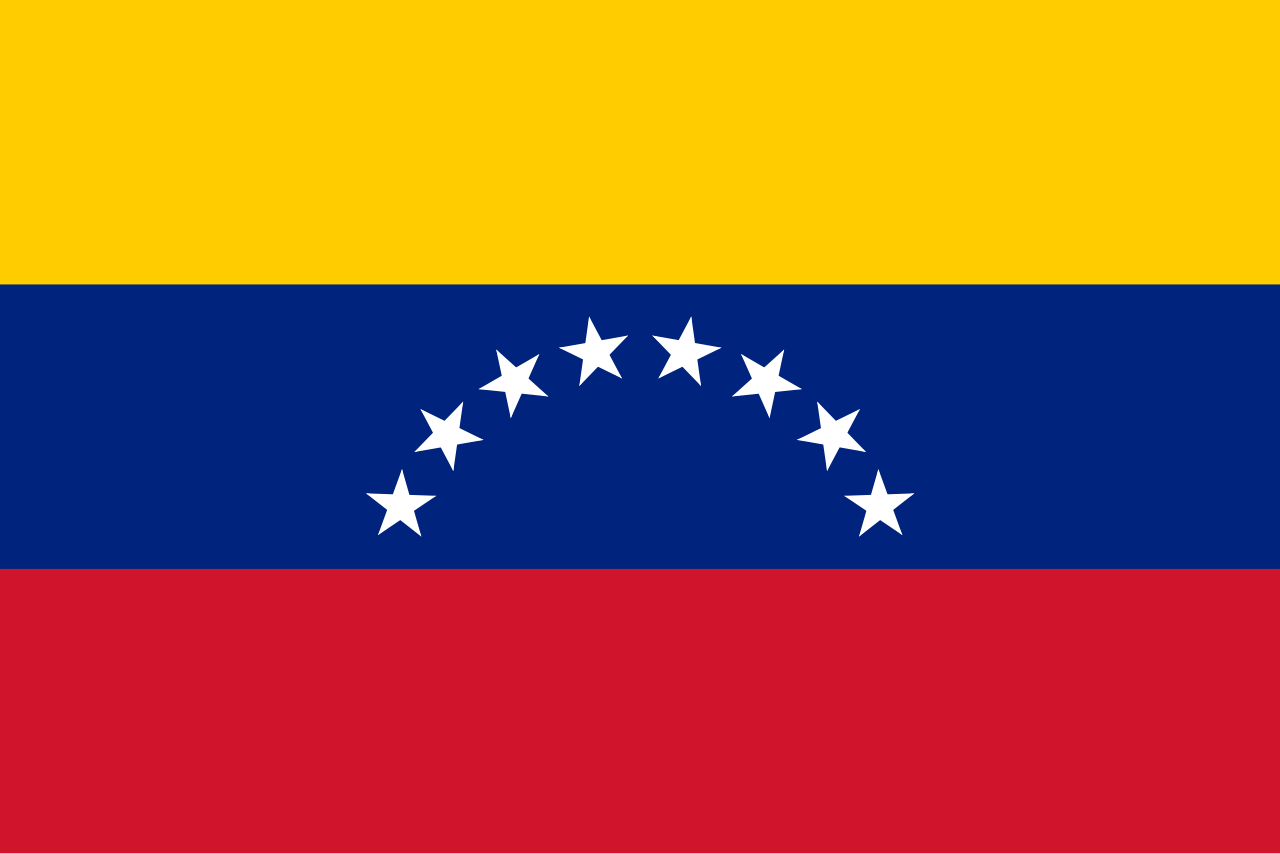“It has been a little less than a year since I started attending these protests […] At first I marked them out by numbers: the first protest, the second. Then by location: Tauranga, Palmerston North, The Embassy, Parliament. Still more passed and they started becoming milestones: the first time I led the chants, the time I cried the hardest, the first time I looked around and felt hope.”
-Ayah, Palestinian student at Victoria University of Wellington, organiser with Students for Justice in Palestine Pōneke.
A year into the Israeli onslaught on Gaza and the wider region that began in October 2023, two New Zealand universities — Victoria and Massey — have been pressured to disclose thousands of dollars of investment in Israeli bonds and shares. Victoria University has already agreed to divest this money, which amounted to nearly $50,000. University of Canterbury has been pushed by students to cut ties with weapons companies, and to pass a motion at their Academic Board in support of an academic and cultural boycott of Israel. These are some of the concrete victories of the student movement for Palestine, so far. The other victory is the thousands of students that have been engaged in political action, some for the first time. Protests have been held on nearly every university campus in the country. New Palestinian solidarity groups have been formed, and old ones revived. Students are radicalising, and, as always, they have a lot to teach the wider movement.
Students Mobilise
Free, free Palestine! Free, free Gaza!
Palestine solidarity protests on 28 October 2023 were the largest and most widespread that this country had seen, and students were there in force. Students have continued to be an important part of this wider movement, and have also taken the fight to campus. Often this has been under the banner of Students for Justice in Palestine (SJP). In Aotearoa this is a name used by multiple independent groups with a shared kaupapa of Palestine solidarity. At University of Auckland (UoA) the established SJP group released a statement on 13 October reaffirming their solidarity with Palestine and stepped up their organising, initially focussing on off-campus protests. They would later organise actions on campus, and joint actions with students at Auckland University of Technology (AUT). At Victoria University of Wellington (VUW) a defunct SJP group was revived in January. At their very first clubs expo in February, SJP and other students at Victoria had the opportunity to greet National MPs Nicola Willis and Chris Bishop with chanting, and to grill them on their position on Gaza. Unable to take the heat, the politicians fled. ACT’s David Seymour met a similar fate at VUW in July. His visit lasted 13 minutes – a record low.
Militarists were no longer welcome on campuses either. On 8 March a group of protestors chanted outside a guest lecture by US security ambassador Bonnie Jenkins at VUW. Other protestors entered the event. One spoke at the start of the meeting, calling for “a moment of silence,” which Jenkins obliged — only to learn that it was for “all the Palestinians killed by the US.” A second speaker vocally denounced “karetao o te kāwana kakīwhero” (puppets of the redneck government). Chanting ensued and Jenkins wrapped up her lecture early. The mere threat of protest was enough for the New Zealand Defence Force to pull out of recruitment opportunities at VUW and UoA. All of these were early warnings from the students that it would not be business as usual on campus this year.
International Inspirations
In our millions and our billions, we are all Palestinians.
On 17 April a protest at Columbia University in New York turned into an encampment, with students occupying the university lawn. Students around the world watched in awe as the encampment movement spread across the country, reaching more than 80 campuses. Encampments also cropped up overseas in solidarity. Students in Aotearoa paid attention to the issues that the protestors were raising; how deeply implicated these institutions were, materially and politically, in imperialism and the ongoing repression of the Palestinians. Students were also watching as the police launched brutal crackdowns on these protests, often at the behest of university administrations. They took note of which staff stood in solidarity, and which staff called the cops on their own students. These questions would later become relevant in the New Zealand context: in October, Otago University refused to speak out against the manhandling of a student protestor by security, or against her subsequent arrest, and contributed to the misrepresentation of this event in the media. (More reporting on this incident can be found on our website).
Following the US encampments in April, student groups across Aotearoa released statements in support. At the University of Waikato, indigenous student activist group Ngā Haumi released a statement along these lines. They followed the lead of student protestors in Columbia by talking about the colonial history of their own university: “remember, Waikato University sits upon stolen land, taken by the Crown in 1864.” Ngā Haumi would go on to be one of the main student groups organising around Palestine in the Waikato.
At the University of Auckland, SJP and other student groups began discussing their own solidarity encampment, but subsequently changed the action to a rally. SJP later acknowledged that threats from vice chancellor Dawn Freshwater had deterred them. At Victoria, students did not attempt an encampment at this time, but later (in August), they would stage a sit-in in the Hunter Building after the university had disclosed its Israeli investments. Within a month of this sit-in the university had agreed to divest.
SJP Canterbury launched an encampment on 21 May. This group officially formed in early May, and they hit the ground running. They quickly identified links to weapons companies Lockheed Martin and Northrop Grumman and by 17 May had pressured the university to cut these ties. When the encampment was called, over 100 students set up tents in the university undercroft and remained overnight. Organisers described it as “a place of learning and aroha.” After 27 hours of occupation and three negotiation meetings with senior university officials, SJP announced that they would wrap up the encampment: “in only two days of action, many strategic wins were made, with no violence or punishment against students.” The wins included the university disclosing their previously private investment policy, confirming that they do not invest in armaments, committing to a statement of solidarity with at-risk universities and to more academic aid, investigating revising procurements to exclude Israeli companies, and agreeing to put a motion to its Academic Board for an academic and cultural boycott of Israel. This motion passed, and has now been moved up to the University Council.
National Students’ Protest
We are the students, we won’t be silenced.
UC wrapped up their encampment in time for a national student protest on 23 May. This national day of action for students was called by the Muslim Students’ Associations, facilitated by Palestine solidarity groups. Dozens to hundreds of protestors rallied at every New Zealand university except Lincoln.
The National Students’ Protest is when Massey University students entered the scene. At Massey’s Manawatū campus a group of students under the banner of SJP Manawatū, together with the local Muslim Students Association, organised a rally of close to a hundred. Separately, a group of students gathered on the Pukeahu campus in Wellington and travelled together to join the rally at VUW, where they were greeted with cheers. These two groups would later come together to form SJP Massey, releasing a petition calling on Massey to divest. It was also at this time that students at Otago, who had been crucial in organising the regular protests in Dunedin since October 2023, launched SJP Otago and began to organise protests on campus.
The National Students’ Protest facilitated greater cohesion across the country. SJP groups had already launched petitions targeting their universities, making various demands for them to denounce the genocide, to make statements in solidarity with Gaza, to extend academic aid, and to cut financial and political ties with Israel. The national protests helped to clarify these demands and educate a wider audience on their significance. The demands that this protest set out were for universities to acknowledge Palestine as an independent sovereign state; to disclose and divest all partnerships with Israel; and to denounce anti-semitism, Islamophobia, and all forms of discrimination. A national open letter to the vice chancellors of the universities was published articulating these demands, and has been signed by close to 3000 students, university staff, alumni and supporters.
Demands
Disclose, Divest – we will not stop, we will not rest.
The Boycott, Divestment and Sanctions (BDS) movement has underpinned much of this activity over the past year. As a movement launched by Palestinian civil society groups, it is one of the strongest direct links between student action for Palestinian liberation here and the self-activity of the Palestinian people (the other key link being, of course, the organising of Palestinians in Aotearoa). The movement was not only inspired by the movement against Apartheid South Africa but developed in dialogue with South African anti-apartheid campaigners. The continuity of the BDS campaign makes it clear that while this eruption of student protest has been sudden, it is building on the work of years and decades. In May of this year Victoria University declined funding from the Israeli Embassy for a scholarship prize – something which VUW students had been campaigning for since 2019.
The demands that students have formulated over the past are educational, in that they expose the workings of the system and the University’s place in it. The demands for universities to speak out on this issue pose an interrogation of the concept of institutional “neutrality” and the status of universities as the “critic and conscience” of society. This was dramatically illustrated at Massey in June, when a protest mural calling out the university’s refusal to take a stance was met with a dubious statement from the provost Giselle Byrne on “the right to remain silent”. The hypocrisy of this stance was exposed only days later when the university admitted to having investments in Israeli government bonds. As the disclosure and divestment demands illustrate, silence can cover a multitude of sins. The neutrality of the university is also called into question by demands for an academic and cultural boycott. Seemingly innocuous practices on the part of states like Israel, such as funding scholarships or sending people to speak as guest lecturers, are revealed as part of an extensive propaganda campaign to legitimise their colonial project. More broadly, student protest has raised questions about the political implications of universities’ day to day operations. What does it say about the role of the university when figures like the US security ambassador are routinely invited to speak?
2024 began in a burst of energy, it is now clear that we are in it for the long haul. Over the next few months students will be strategising, planning next steps and preparing to take the fight to university campuses for another year – and another, and another, until Palestine is free.









